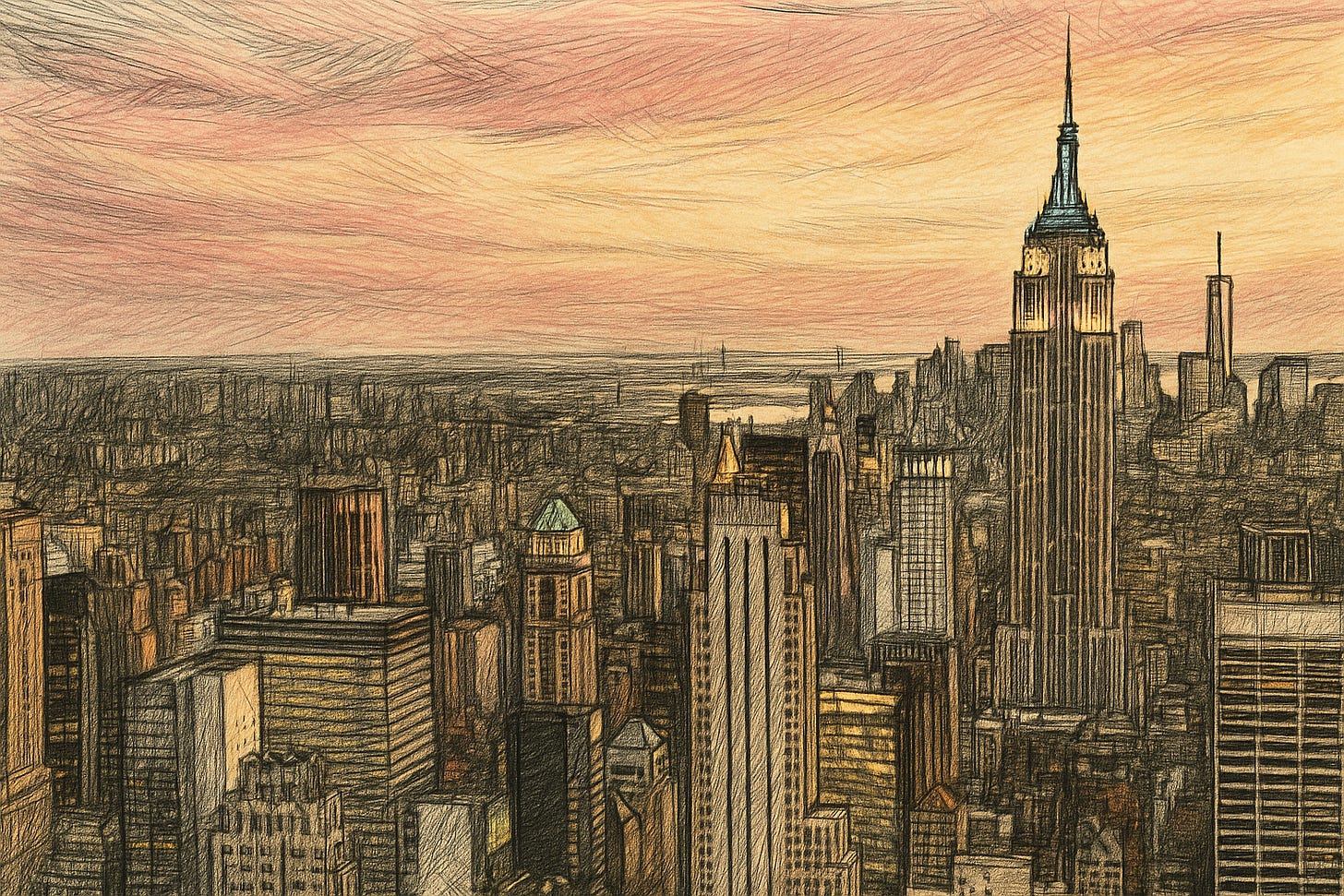The Day Cheney Died, and Mamdani Rose
A Canadian perspective on the recent death of the architect of the post-9/11 security state, and the rise of the son of a famed academic and critic of U.S. imperialism as New York City's new mayor.
It felt like a quiet form of poetic justice: the death of former U.S. Vice President Dick Cheney—chief architect of the 2003 Iraq War, “enhanced interrogation” (torture) policies, and the post-9/11 security state—coincided with the election of democratic socialist Zohran Mamdani as mayor of New York City.
Zohran is the son of Mahmood Mamdani, the famed academic and critic of U.S. imperialism, who has spent decades exposing the narratives that justified wars like Cheney’s. That his son rose to power on the very day Cheney’s era effectively ended felt like history correcting course.
North American news outlets have responded to Cheney’s death with sanitizing language by characterizing his bloody legacy as “remarkable” and “controversial.” Yet it is impossible to forget that he spearheaded one of the most disastrous U.S. foreign policy blunders of the last century, culminating in the deaths of at least half a million Iraqis.
The trillion-dollar U.S.-led invasion of Iraq was launched on the false premise that Saddam Hussein was harboring nuclear weapons (of course, none were ever found). It was a war that gave rise to Daesh, or the Islamic State (ISIS), and one that sanctioned waterboarding—a CIA interrogation method that simulates the experience of drowning—as an “acceptable” form of torture. “I’d do it again in a minute,” Cheney said about waterboarding during a Meet the Press interview in 2014. Notably, there was and still is no evidence that the use of waterboarding and other torture techniques produced reliable intelligence or prevented any terrorist attacks.
And yet, Cheney’s influence didn’t end with the Iraq War. His company, Halliburton, which he led before becoming vice president, went on to win billions in no-bid government contracts for reconstruction and oil-field services in Iraq. The arrangement exposed how the war blurred the line between public duty and private profit.
Keeping figures like Cheney in our collective memory is critical, but not merely to relitigate the past. Remembering his horrific legacy is about recognizing how the political narratives about “security” and “terrorism” he helped create have traveled across borders and become normal features of policy and public discourse without our noticing. If, for example, Canadians fail to acknowledge the origins of certain security instincts, we risk assuming they are “naturally Canadian,” rather than ideas imported from a particular era and ideology.
One of the biggest misconceptions about our foreign policy independence post-Iraq is that, because Canada didn’t officially go to war in Iraq under then-Prime Minister Jean Chrétien, we are somehow cleaner or less entangled in the violence inflicted upon others. Yet through the Kandahar combat mission, civilian casualties, PTSD legacies, and the Afghan detainee scandal, including government secrecy about detainee abuse, Canadian policy echoed the same geopolitical moment Cheney helped define. Ottawa’s decisions were shaped by fear, militarism, and deeply entrenched notions of an “us versus them” politics built on lies.
That history makes Zohran Mamdani’s election as New York City’s new mayor all the more profound. His victory is more than political; it is symbolic of a complete shift in worldview.
Where his father gave voice and dignity to Muslims navigating suspicion in the aftermath of 9/11, Zohran now embodies that legacy. There is a reason why his campaign, which centered on challenging oligarchs and affordable housing, resonated with millions across New York City and the world. In a climate shaped by the policies and paranoia of Cheney’s era, Mamdani’s win is proof that leaders with integrity can rise to power, and that a different politics is not only imaginable, it is arriving.




